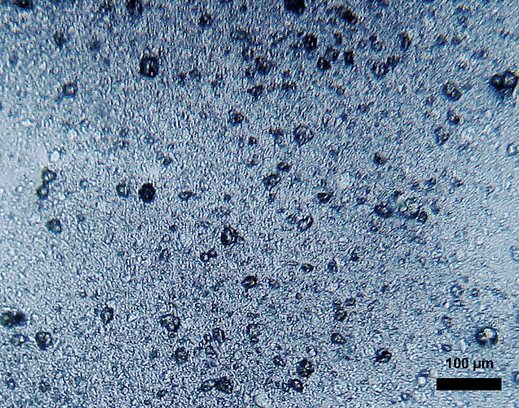Podcast: Play in new window
BOB HIRSHON (host):

Toxic plastic sponges. I’m Bob Hirshon and this is Science Update.
The oceans are full of tiny bits of plastic, called microplastics, from plastic trash, the washing of synthetic fiber clothing, and from plastic beads used in cosmetics and toothpaste. Sea animals ingest them and now, writing in the journal Science, marine scientist Kara Law of the Sea Education Association in Woods Hole, MA, says there’s an additional concern.
KARA LAW (Sea Education Association):
Certain plastic materials are very very effective as sponges for toxic pollutants that are already present in seawater, like DDT and PCBs. So, not only are these little plastic pieces being eaten, they also contain these contaminants.
HIRSHON:
Just how dangerous these toxic sponges are to marine life isn’t known, but Law writes that it’s one more reason to devise new ways to keep re-using plastics over and over, rather than creating an endless stream of them into the environment. I’m Bob Hirshon, for AAAS, the science society.
